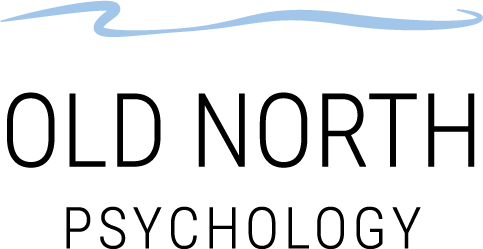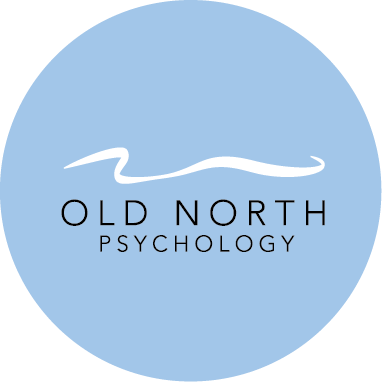THERAPY FOR couples
Being part of a couple is one of life’s joys and comforts. It’s also hard work, and can be the source of intense suffering when it seems you can’t seem to get back to the good feelings you and your partner once shared.
Maybe you have reached an impasse on an important issue and despite your best efforts at communication and compromise, you remain stuck. Perhaps there has been an injury or betrayal so deep that you are unsure whether you can ever get back to feeling safe and connected. Maybe you have been having some version of the same argument for years, becoming triggered the moment the familiar pattern begins, and falling into predictable, unproductive perspectives and behaviours. Or maybe you have just slowly drifted apart, and live like roommates who don’t really fight, but don’t really connect either. In any case, a key part of re-establishing safety and connection involves accessing and understanding each other’s deeper feelings, learning to control one’s own state, and shifting patterns of communication.
Communication Issues
Conflict Resolution
Emotional and Sexual Disconnect
Infidelity and Other Betrayals
Parenting
Loss of a Child
Common Presenting Issues in Couple Therapy
-
By far the most common goal couples have in therapy is to improve their communication. Some couples argue about the same topic for years without ever getting resolution or compromise. It is even quite common for partners to argue about the way that they argue! Some of these arguments escalate to the point that partners become dysregulated and say and do things that they later regret - things that cause lasting damage to their bond. Other couples rarely or never argue, but they also don’t talk; there are assumptions made about each other that are inaccurate and contribute to misunderstandings. Communication Retraining helps couples better regulate their emotion, listen effectively, and communicate clearly in ways that increase intimacy.
-
Some couples present with a specific conflict that they’ve been unable to resolve on their own. It is often a longstanding conflict in which each of them has become somewhat polarized in their own position. Couple therapy aimed at conflict resolution involves Communication Retraining, and then moves into a Solution-Focused Therapy phase of generating possibilities, compromises, and ideas for how each partner can get what they most need from the other.
-
Couples can become disconnected over time, co-existing and moving through life together often without conflict but also without connection. These couples often report that they feel more like “co-parents” or “roommates”. Some couples report that they have never had the sexual connection that they would like with each other, despite loving each other deeply, or they have lost the ‘spark’ they once had. Emotion-Focused Therapy (EFT) is the treatment of choice for these couples.
-
Infidelity is extremely difficult to weather without professional help. It often constitutes a traumatic event, and emotions run extremely high in its aftermath. The very foundation of an intimate relationship is shaken when one partner has turned toward someone other than their partner for intimacy, and couples need help to rebuild that foundation. We take a very specific approach in helping couples heal from infidelity, with a focus on increasing empathy, facilitating productive communication, restoring trust, and rebuilding intimacy. Our specific approach incorporates aspects of both Emotion-Focused Therapy (EFT) and Solution-Focused Therapy.
-
The stress associated with parenting will sometimes bring couples to therapy. It may be adjusting to the high-stress, high-demand days of parenting infants and young children, where couples can come to feel exhausted, disconnected, and even resentful of each other. It might be the difficult teen years where emotions run high and couples might struggle to maintain a united front. It might be challenges associated with blended families, such as negotiating boundaries and learning to navigate potentially difficult relationships. Whatever the case, couple therapy can help couples to communicate more effectively about these issues and get to the heart of what each partner most needs. This work often involves Communication Retraining, and also often involves Emotion-Focused Therapy (EFT) and/or Solution-Focused Therapy.
-
When a couple endures the loss of a child there is typically an extended period of shock, during which their main focus is on surviving each day, and taking care of any other children they might have. At some point, as the shock begins to wear off, they might realize that they feel quite disconnected from each other, the world, even themselves. Often bereaved parents fall into a pattern of unconsciously avoiding each other’s pain, and the grief becomes a gulf between them. Couple therapy can help partners re-connect and support each other through the long recovery after the loss of a child, and restore a sense of safety and security within the couple. Emotion-Focused Therapy (EFT) is the treatment of choice here.
Approaches to Therapy
In theory, each of the approaches to therapy we use is separate and distinct. In practice, we are always using an approach that is to some extent integrative. Your psychologist will take into account any stated preference you might have for a given approach and will use their expertise and their accumulated knowledge about you in order to craft an approach that will best meet your needs based on your personality, your symptoms, and your goals.


